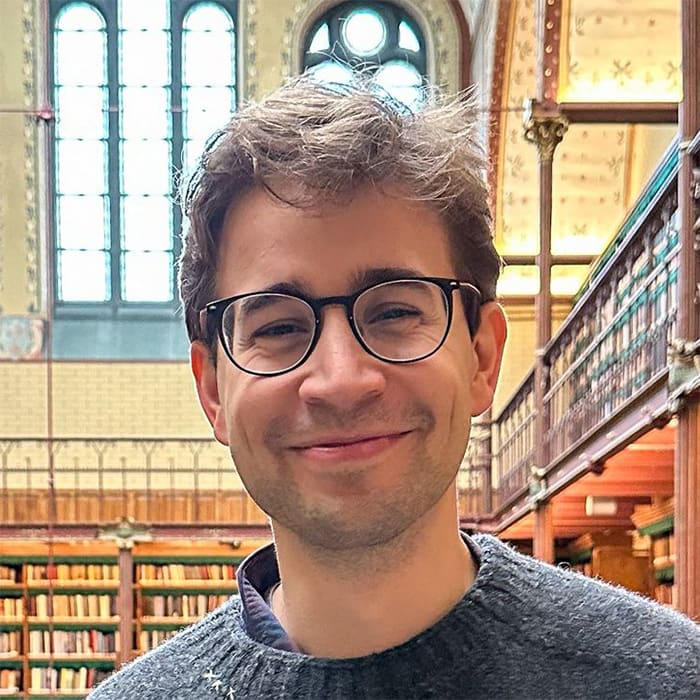
João Martins da Gama
Surgical Pathologist, Department of Surgical Pathology, Unidade Local de Saúde de Coimbra; PhD in Molecular Pathology and Genetics at Universidade do Porto, Portugal
False

Surgical Pathologist, Department of Surgical Pathology, Unidade Local de Saúde de Coimbra; PhD in Molecular Pathology and Genetics at Universidade do Porto, Portugal
This essay was submitted by an anonymous third party.
If you asked me “what needs to change in order to maximize pathology´s impact on patient care, and how has your work advanced that impact?”, I would say without hesitation: hire surgical pathologist João Gama! Conversely, if you asked that question to him, you'd likely hear “everything needs to change, nothing is right.” And indeed, there is a lot to improve.
Let's imagine that Surgical Pathology is a living organism and in order to maximize its impact on healthcare, we need to start with the structure, in other words, taking care of its musculoskeletal system. Among the facilities and equipment that give it support and shape. And of course we want technological innovations, but our first priority must be ergonomic workbenches and chairs. While more comprehensive upgrades await, a simple interim measure, like anchoring the interns’ shelving to the wall so it cannot topple, can already prevent accidents. That is precisely what João implemented.
Moreover, pathology departments should be as organized as an efficient circulatory system, with optimized workflows and standardized protocols, from the sample reception to report dispatch, including João regular´s updates to the antibody inventory. However, the body can thrive without fresh air. Therefore, the laboratory (and everyone who works in there) requires air purification systems, especially given our daily exposure to toxic, carcinogenic and teratogenic chemicals.
And multidisciplinary integration is equally essential, since medicine is a nervous system with a robust network of neurons, we have to make “synapses” with clinicians and surgeons sharing our research findings so they translate into immediate therapeutic decisions and drive ongoing scientific progress. Furthermore, it is crucial to disseminate our knowledge as relentlessly as a tumor spreading throughout the body. João has pursued this goal with remarkable effectiveness, utilizing oral and poster presentations and the publication of scientific articles.
Finally, the “reproductive system” of this organism is its future practitioners: the residents. We must nurture a proactive spirit through personalized mentoring, weekly presentations of innovative projects and brainstorming sessions. By listening to both their concerns and their ideas, João ensures that the specialty grows steadily and dynamically.
Therefore, if we need a physician to restore health to this organism, let it be João. It's hard to overstate the significant contributions he has made to the service, always thinking about how institutions can better serve people and, probably motivated by his strong sense of social justice, he has identified needs and worked with colleagues to meet them in an extremely effective and beneficial way. This decisive proactivity to optimize laboratory flows and implement service improvements aimed at excellence in patient care has also substantially improved the working conditions of his peers. He's more than a pathologist, he's a problem solver.
And since Surgical Pathology is still often viewed as a “secondary” specialty, let us prove otherwise: showcase the indispensable work of those behind the scenes – pathologists, biomedical laboratory scientists and supporting staff, whose rigor and dedication are vital to the diagnosis, which may be of a relative or even yours.
Dive deeper into the world of pathology. Explore the latest articles, case studies, expert insights, and groundbreaking research.
Receive the latest pathologist news, personalities, education, and career development – weekly to your inbox.

False
False
False